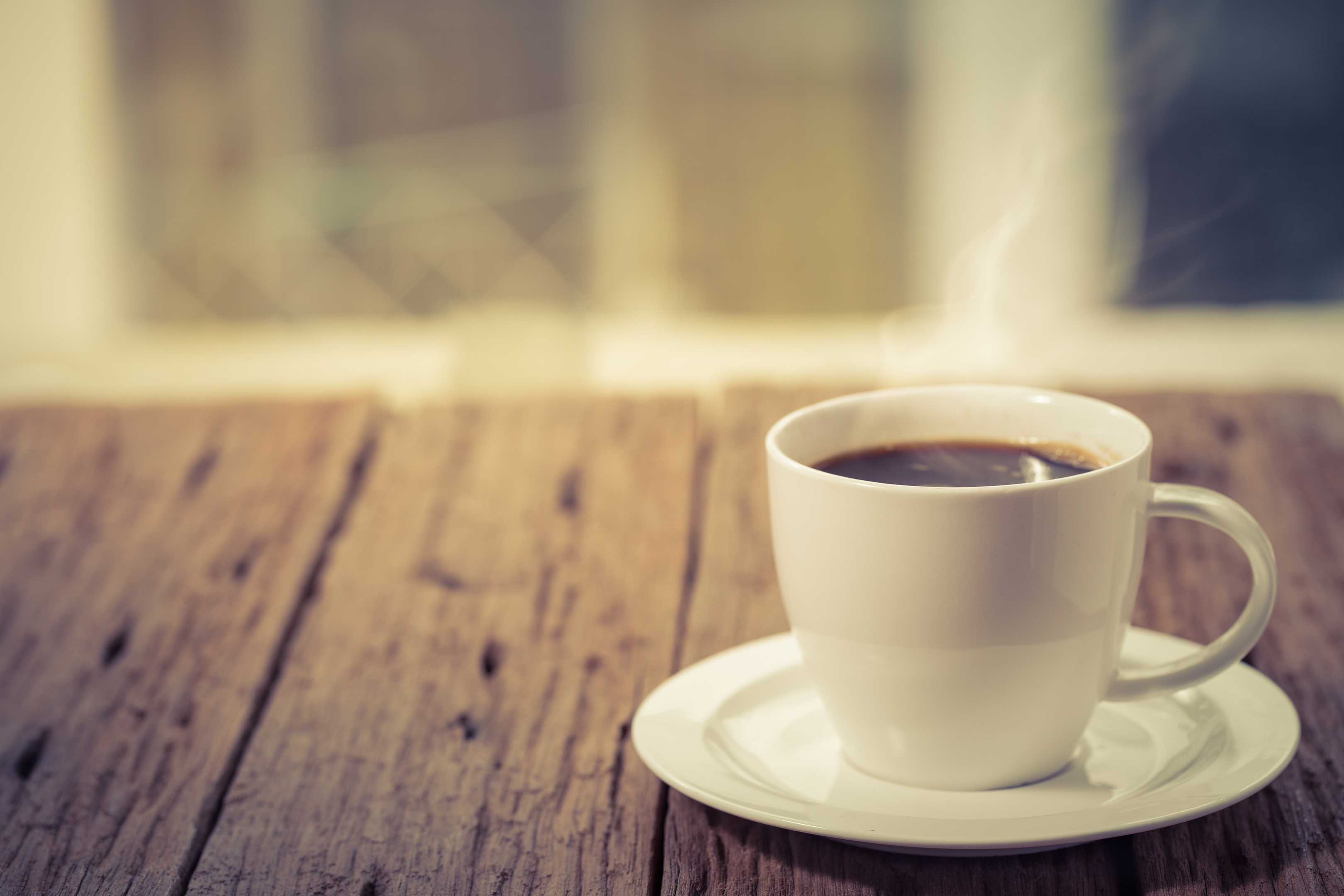
PEOPLE in middle to old age should stop drinking tea or coffee after lunch in order to get a good night’s sleep, experts have said.
A new report also suggests that older people should also limit daytime naps to no more than half an hour.
It states that in order to stay mentally sharp in later life everyone should aim to get seven to eight hours of sleep a night.
The document, written by the Global Council On Brain Health – an initiative convened by Age UK and the American Association of Retired Persons – adds that sleeping well becomes harder with age.
It sets out a series of recommendations to help people get a good night’s rest.
James Goodwin, chief scientist at Age UK, said: “Sleeping is something we all tend to take for granted, but we really have to wise up to the fact that getting the right amount of good sleep is crucial as we age, helping to protect us from all kinds of problems that can affect our brains as well as our bodies.
“The message is that in order to stay mentally sharp in later life – something we all care passionately about – take care of your sleep.
“This Global Council report on sleep contains some excellent practical tips, all of them based on the best, most up-to-date evidence available from right across the world.
“It points out, for example, that letting your dog or cat sleep on your bed at night might be nice for them but if they disturb you it would be much better to shut them out.
“In addition, many of us spend a lot of the day looking at screens on our phones, tablets and PCs, and then at the television in the evening, but to help us to sleep well it is better not to do any of these things once we get into bed.”
Here are some of the tips listed in the report which may help people aged 50 and over improve their quality of sleep:
- Get up at the same time every day;
- Expose yourself to natural sunlight during the daytime;
- Don’t drink alcohol to help you to sleep;
- Try to eat dinner three hours before going to bed;
- Avoid caffeine after lunch time;
- Don’t look at electronic screens – including tablets, phones or laptops – after you get into bed;
- Avoid arguments before going to bed;
- Don’t sleep with pets in the bedroom if they disturb sleep;
- Limit afternoon naps to less than 30 minutes;
- Over-the-counter sleep medications may have side-effects among older people;
- Wearing socks to bed may be beneficial for some.

Enjoy the convenience of having The Sunday Post delivered as a digital ePaper straight to your smartphone, tablet or computer.
Subscribe for only £5.49 a month and enjoy all the benefits of the printed paper as a digital replica.
Subscribe